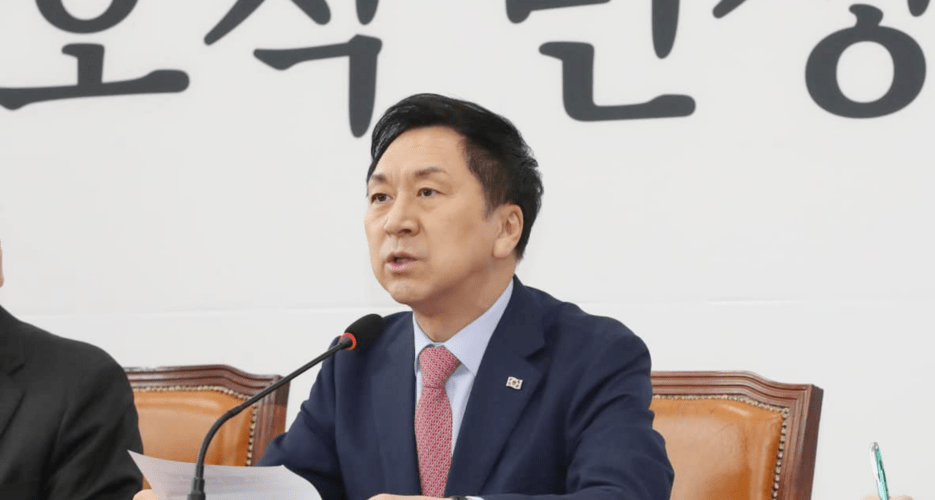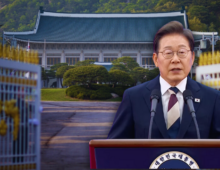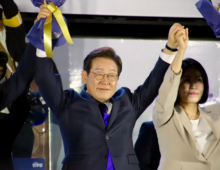Ruling People Power Party (PPP) leader Kim Gi-hyeon proposed a reevaluation of South Korea’s diplomatic relations with China, stating that relations must be based on the principle of reciprocity. In a speech to the National Assembly, he raised the issue of unequal voting rights, questioning why Chinese residents in Korea are allowed to vote while Korean residents in China are not given similar rights. Since 2005, South Korea has given foreign citizens the right to vote in local elections if they have resided in the ROK for three years after they have gained permanent residency. He further highlighted a disparity in health insurance coverage, suggesting that this should also adhere to the principle of reciprocity.
During the same speech, Kim outlined several key political reforms, including a proposed reduction in the number of National Assembly members by 10%, the implementation of a no-work, no-pay system for assembly members, and for lawmakers to relinquish their right to parliamentary immunity. Kim also advocated for an expansion of immigration as a potential solution to the country’s aging and declining population.
Ruling People Power Party (PPP) leader Kim Gi-hyeon proposed a reevaluation of South Korea’s diplomatic relations with China, stating that relations must be based on the principle of reciprocity. In a speech to the National Assembly, he raised the issue of unequal voting rights, questioning why Chinese residents in Korea are allowed to vote while Korean residents in China are not given similar rights. Since 2005, South Korea has given foreign citizens the right to vote in local elections if they have resided in the ROK for three years after they have gained permanent residency. He further highlighted a disparity in health insurance coverage, suggesting that this should also adhere to the principle of reciprocity.
During the same speech, Kim outlined several key political reforms, including a proposed reduction in the number of National Assembly members by 10%, the implementation of a no-work, no-pay system for assembly members, and for lawmakers to relinquish their right to parliamentary immunity. Kim also advocated for an expansion of immigration as a potential solution to the country’s aging and declining population.
Get your
KoreaPro
subscription today!
Unlock article access by becoming a KOREA PRO member today!
Unlock your access
to all our features.
Standard Annual plan includes:
-
Receive full archive access, full suite of newsletter products
-
Month in Review via email and the KOREA PRO website
-
Exclusive invites and priority access to member events
-
One year of access to NK News and NK News podcast
There are three plans available:
Lite, Standard and
Premium.
Explore which would be
the best one for you.
Explore membership options
© Korea Risk Group. All rights reserved.
No part of this content may be reproduced, distributed, or used for
commercial purposes without prior written permission from Korea Risk
Group.












